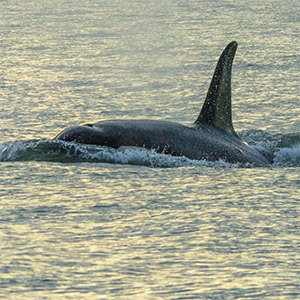
The whale used to develop the model preferred to save energy by gliding through the water when making deep dives, and when it was closer to the surface, it moved more actively, accelerating faster and ‘fluking’ its tail more often.
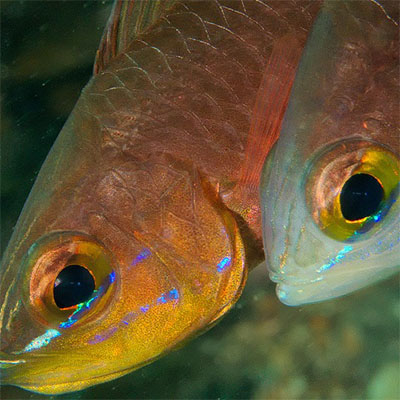
A consistent metabolic ratio found across 133 Chinese marine and freshwater fish species provides new evidence in support of the idea that fish become sexually active – and spawn for the first time – in response to growth-induced respiratory stress.
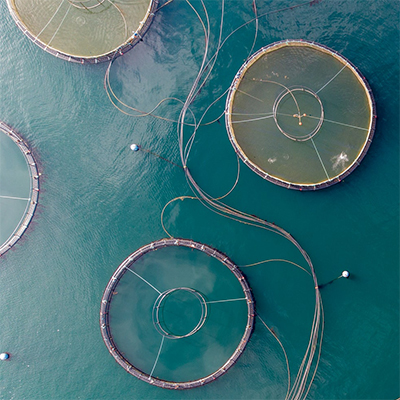
Tags: aquaculture, climate change, Colette Wabnitz, CORU, fish, fish farms, fishmeal, Gabriel Reygondeau, mariculture, Muhammed Oyinlola, mussels, salmon, seafood, shellfish, Vicky Lam, William Cheung
If we continue to burn fossil fuels at our current rate, the amount of seafood able to be farmed sustainably will increase by only 8% by 2050, and decline by 16% by 2090.
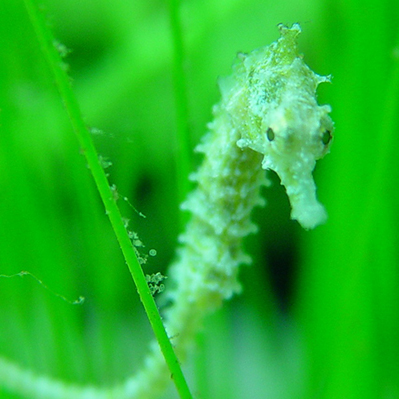
Tags: Amanda Vincent, CITES, faculty, FCRR, IOF Research Associates, IUCN, Project Seahorse, Publications, Research, Sarah Foster, seahorses
This new Fisheries Centre Research Report (FCRR) investigates the international live trade in seahorses.
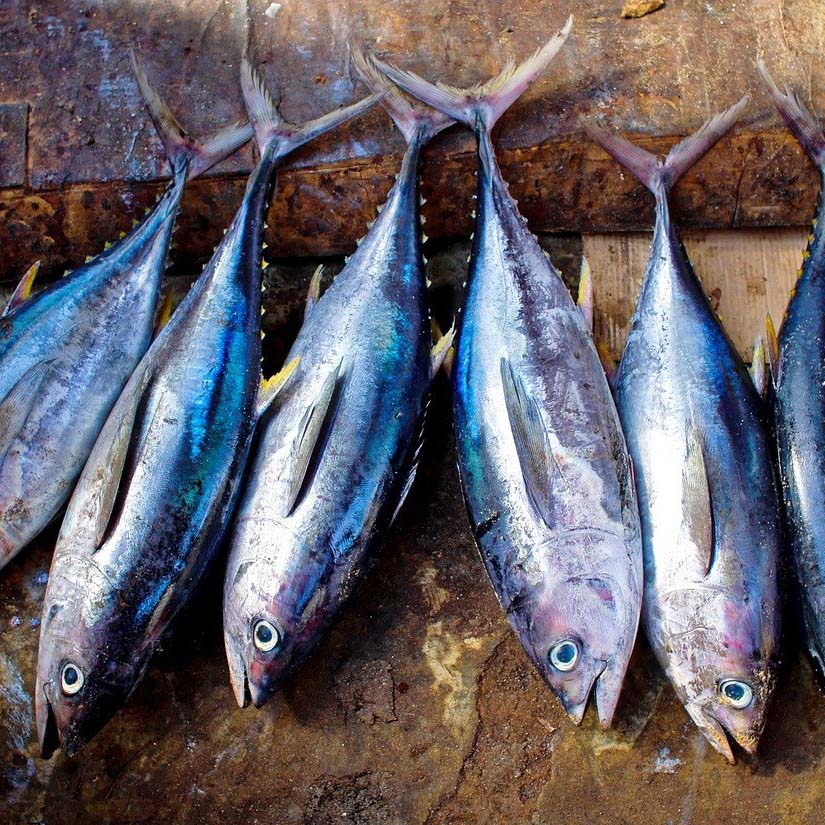
This new Fisheries Centre Research Report (FCRR) presents the key results of a multi-year activity of the Sea Around Us devoted to assessing the status of marine fisheries globally.
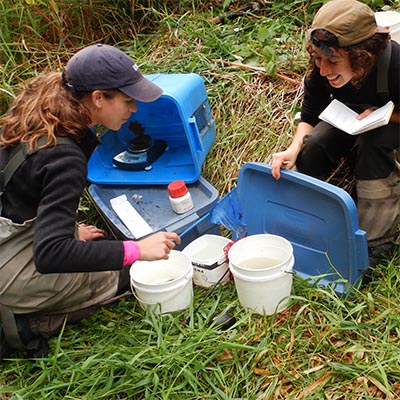
Tags: Applied Freshwater Ecology Research Unit, British Columbia, fish, fish stocks, fisheries management, freshwater, Jordan Rosenfeld, recreational fisheries
The Applied Freshwater Ecology Research Unit’s (AFERU) job is to find ways to conserve freshwater species, test effectiveness of current conservation strategies, and understand how freshwater fish are responding to changes in their habitats.
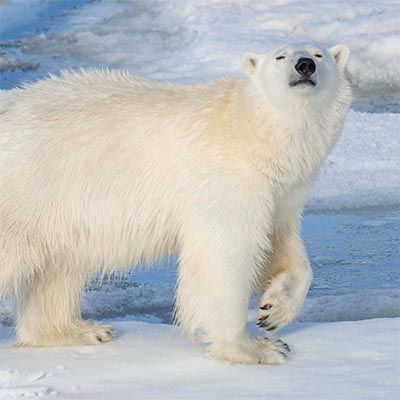
Tags: animal movement, bio-logging, biology, conservation, funding, Marie Auger-Methe, marine mammals, Modelling, narwhals, physiology, polar bears, SERG, sharks, statistical ecology
Narwhals, sharks, and polar bears can help medical professionals improve care for patients with mental health struggles - and patients with conditions such as depression and bipolar disorder can offer insights that will help the conservation of many wild animals.
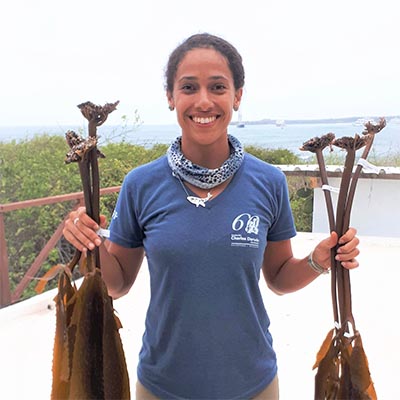
PhD student, Salome Buglass, is crowdfunding to support her research on an extensive mesophotic kelp forest found in the Galapagos.
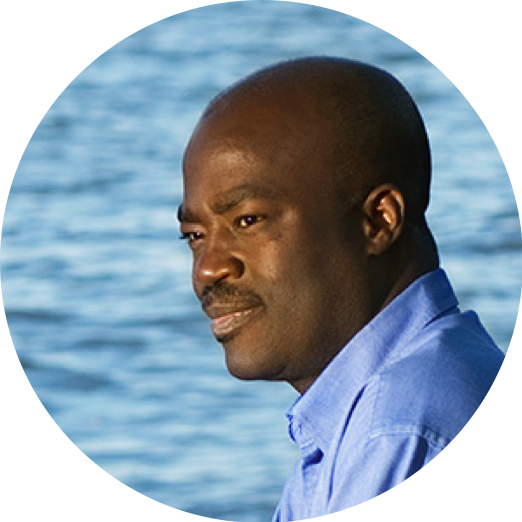
Prof. Sumaila is one of the world’s most innovative researchers on the future of the oceans. He is also Project Director of the SSHRC sponsored OceanCanada Partnership (OCP), and it is for his work with this unit that he won the SSHRC Impact Partnership Award.
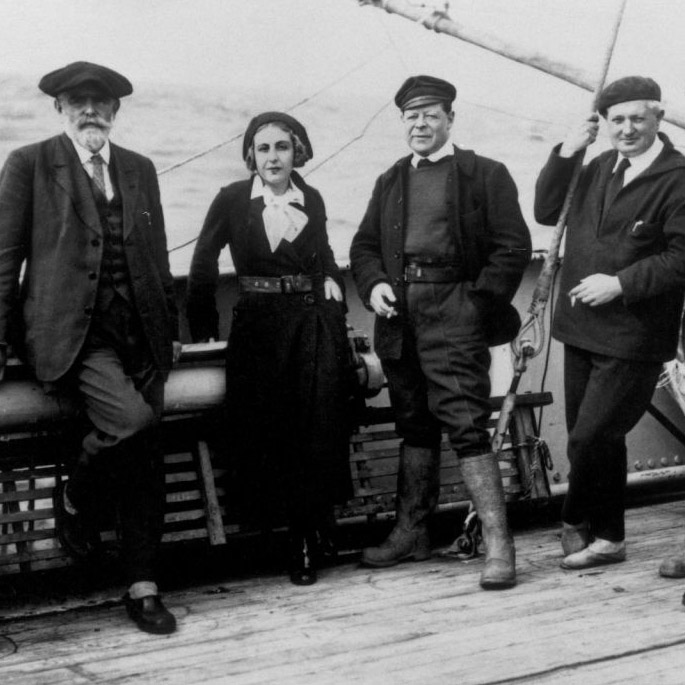
Video of this webinar is now available. Watch by clicking here.